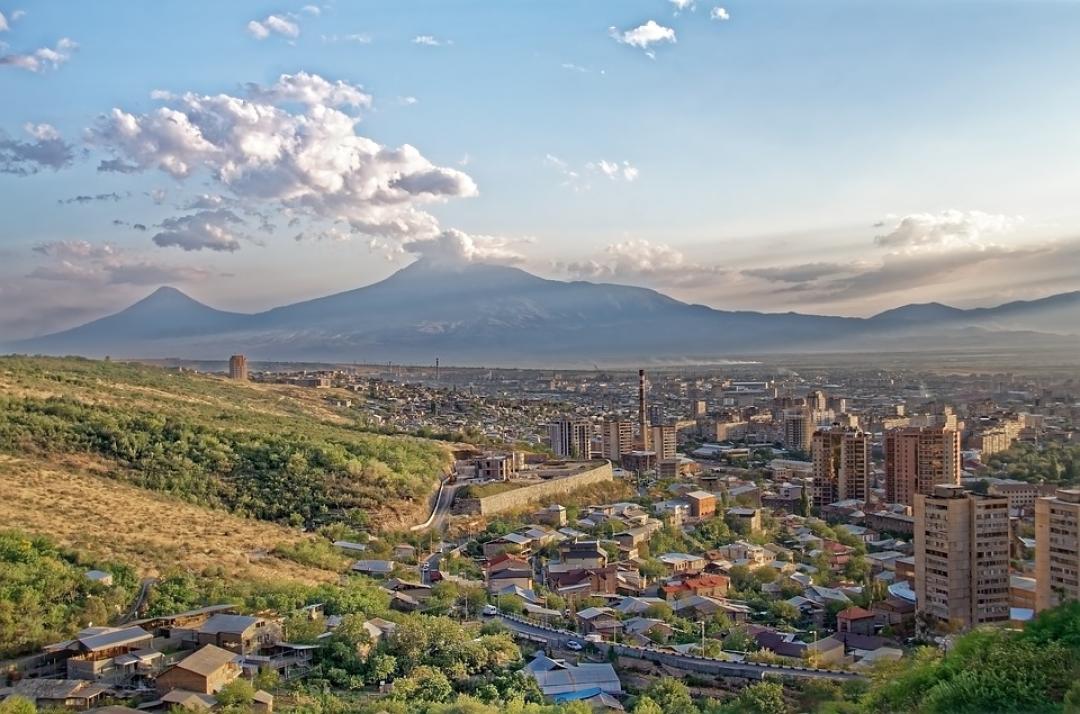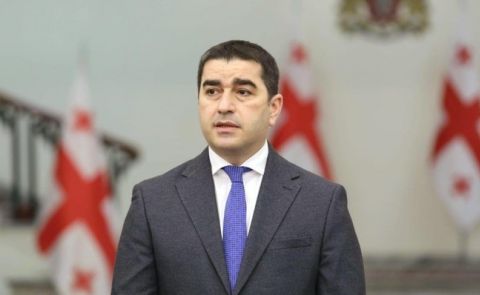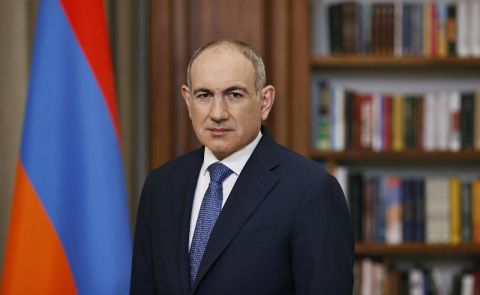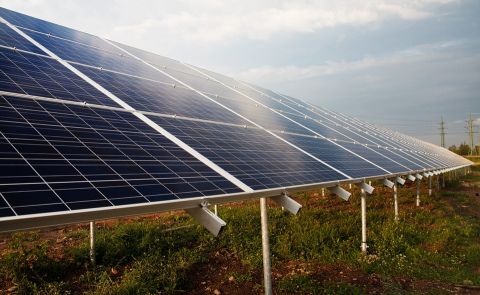
US State Department on the investment climate in Armenia

On 9 September, the US Department of State published its Investment Climate report for 2020, providing country-specific information on the business climates of more than 170 countries and economies. In its report on Armenia, the State Department noted that the investment environment in the country is improving, but that major obstacles remain, mostly in the fields of combating corruption and the judiciary.
The report stated that significant US investments are present in Armenia, most notably ContourGlobal’s acquisition of the Vorotan Hydroelectric Cascade and Lydian International’s efforts to develop a major gold mine. US investors in the banking, energy, pharmaceutical, information technology, and mining sectors, among others, have entered or acquired assets in Armenia. Armenia presents a variety of opportunities for investors, and the country’s legal framework and government policy aim to attract investment, but the investment climate is not without challenges. Obstacles include Armenia’s small market size, relative geographic isolation due to closed borders with Turkey and Azerbaijan, weaknesses in the rule of law and judiciary, and a legacy of corruption, as well as the net foreign direct investment inflows, which are low. The issue of the Amulsar gold mine was also emphasized, saying that it has attracted significant international attention and remains outstanding after several years.
When it comes to the investment environment, the Armenian government imposes few restrictions on foreign control and rights to private ownership and establishment. There are no restrictions on the rights of foreign nationals to acquire, establish, or dispose of business interests in the country. Business registration procedures are straightforward. According to foreign companies, otherwise sound regulations, policies, and laws are sometimes undermined by problems such as the lack of independence, capacity, or professionalism in key institutions, most critically the judiciary. Armenia does not limit the conversion and transfer of money or the repatriation of capital and earnings. The banking system in Armenia is sound and well-regulated, but investors note that the financial sector is not highly developed.
Armenia’s investment and trade policy is relatively open; foreign companies are entitled by law to the same treatment as Armenian companies. Armenia has strong human capital and a well-educated population, particularly in the science, technology, engineering, and mathematics fields, leading to significant investment in the high-tech and information technology sectors.
Overall, the competitive environment in Armenia is improving, but several businesses have reported that broader reforms across judicial, tax, customs, health, education, military, and law enforcement institutions will be necessary to shore up these gains. Foreign investors are still concerned about the rule of law and equal treatment. US companies have also reported that the investment climate is tainted by a failure to enforce intellectual property rights. There have been concerns regarding the lack of an independent and strong judiciary, which undermines the government’s assurances of equal treatment and transparency and reduces access to effective recourse in instances of investment or commercial disputes. Representatives of US entities have raised concerns about the quality of stakeholder consultation by the government with the private sector and government responsiveness in addressing concerns among the business community. Corruption also remains a significant obstacle to US investment in Armenia, particularly as it relates to critical areas such as the justice system and concerns related to the rule of law, enforcement of existing legislation and regulations, and equal treatment.
See Also


Kobakhidze Meets US Senator Daines to Discuss Bilateral Relations

Georgian Speaker Condemns Embassy Travel Warnings as Economic Attack

Political Crisis Deepens Between Armenian Government and Apostolic Church After Pashinyan’s Remarks

Ramzan Kadyrov Awards Title to Ingush Businessman

